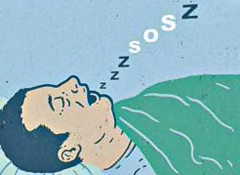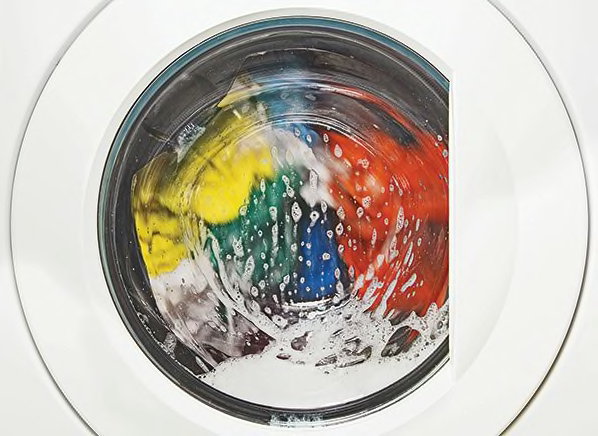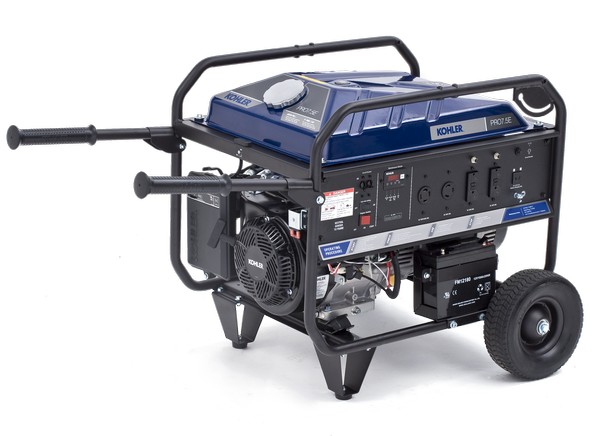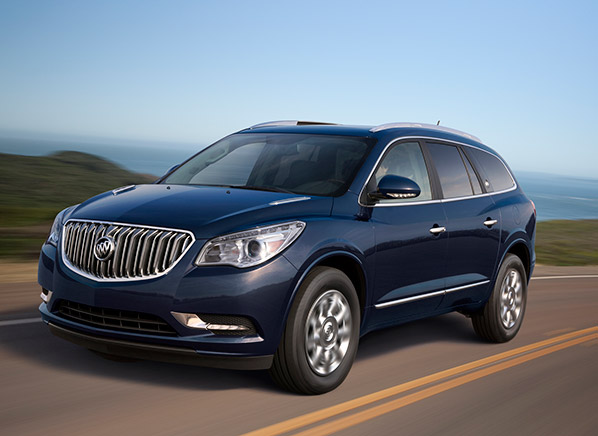Sign In

Menu
Suggested Searches
Recent Searches
Suggested Searches
Product Ratings
Resources
Chat With AskCR
Resources
All Products A-ZThe payment for your account couldn't be processed or you've canceled your account with us.
Re-activateMy account
Sign In
My account
Sign In


His wife made the appointment for him and threatened that if he didn't keep it, he'd have to start sleeping in the guest room. My patient was a 52-year-old man who was about 20 pounds overweight and had recently been diagnosed with high blood pressure. He hoped that his morning headaches would go away after taking a new medication for hypertension, but they worsened. He admitted to being tired for months, and his wife said his loud snoring often woke her. Neither was getting enough sleep, and something had to give.
Morning headaches can be a sign of sleep apnea, but my patient's daytime fatigue and loud snoring were sure tip-offs. Up to one in four men and one in 10 women in the U.S. might have the condition, which is most prevalent among middle-aged men and those who are overweight. Sadly, less than 15 percent of sufferers know they have it, and doctors don't routinely inquire about it.
The most common type, obstructive sleep apnea, is caused by inhaled air squeezing through narrowed airways in the mouth, nose, or throat, causing flabby tissues to vibrate. That noisy snoring is often first noticed by family members or bed partners. Sometimes the airways close off, preventing airflow to the lungs and causing breathing lapses for as long as 2 minutes. As blood-oxygen levels fall and carbon-dioxide blood levels rise, the brain is triggered to interrupt sleep. The sleeper awakens suddenly, struggling to breathe, often choking, snorting, and gasping until normal breathing resumes. That cycle can be repeated many times an hour, keeping the person from reaching a deep sleep.

Besides interfering with sleep quality and causing daytime drowsiness, frequent sleep interruptions often release stress hormones, such as cortisol, which elevate the heart rate and increase the risk of high blood pressure, heart attack, stroke, and type 2 diabetes. If you have high blood pressure, you have up to a one-in-two chance of having sleep apnea. If your blood pressure is hard to control, your risk leaps to more than four in five. There's also a greater chance of dying, especially among men between 40 and 70 with severe apnea (more than 30 brief breathing cessations per hour) and more severe drops in blood-oxygen levels.
If you suspect that you have sleep apnea, alert your doctor so that tests, including a sleep-laboratory study, can be performed. It helps to have someone record your snoring patterns for a week or two before your visit.
An overnight sleep study will monitor your brain activity, breathing, carbon-dioxide and blood-oxygen levels, and heart rate and rhythm. My patient's in-lab sleep study revealed severe obstructive sleep apnea, and he was immediately started on a CPAP (continuous positive airway pressure) device. He soon stopped having headaches, and he and his wife are now sleeping peacefully.
It might be sleep apnea if:
What you can do to breathe more easily:
 WASHING MACHINE REVIEWS
WASHING MACHINE REVIEWS GENERATOR REVIEWS
GENERATOR REVIEWS
 Build & Buy Car Buying Service
Build & Buy Car Buying Service
Save thousands off MSRP with upfront dealer pricing information and a transparent car buying experience.
 Get Ratings on the go and compare
Get Ratings on the go and compare
while you shop

